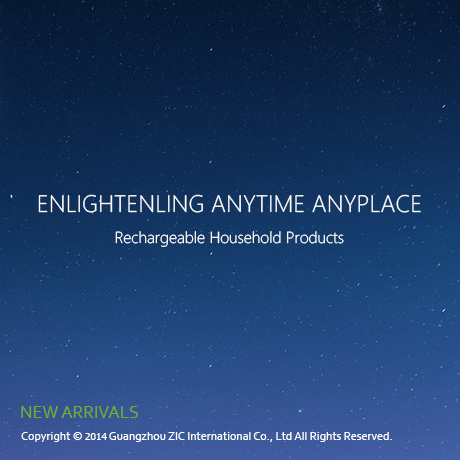PRODUCT CENTER

NEW ARRIVALS
You need to be verified before viewing the new arrivals. Please contact us freely for the account No. and password.

You need to be verified before viewing the new arrivals. Please contact us freely for the account No. and password.
Modern electric cars were made possible by lithium-ion batteries. But look under the hood of any electric vehicle and you'll find a second battery, a lead-acid battery, whose purpose is to power the 12-volt system. A reader asked us why isn't this a lithium-ion battery as well?
Lead-acid batteries have an obvious problem: their weight. Specifically, the energy density, or kilowatt-hours of energy storage per kilogram of weight. Using a lithium-ion battery instead of a lead acid battery for the 12 volt system would reduce the car's weight, improving its overall efficiency.
Another problem with lead acid batteries is toxicity. Some of us buy electric cars because they're kinder on the environment, and lead acid batteries are not exactly clean nor kind to the environment. Lead itself is toxic, especially to young children, and there are several toxic chemicals used in lead battery manufacturing.
The 12-volt battery stores the power for the 12-volt system that runs components like the lights, entertainment system and the heating/cooling system. This battery is kept charged by a DC-DC converter which produces a 12-volt source from the main battery pack. There's nothing magic about the 12-volt system which makes lead-acid batteries technically better. Since automakers obviously know how to design and build a high-voltage lithium ion pack for the traction battery, they could obviously do so for the accessory battery as well.
Clearly it would be nice on at least two fronts to use something other than lead-acid batteries for the 12-volt system. A quick glance at the price of lithium ion versus lead-acid batteries though tells us why automakers use 12-volt lead-acid batteries: cost.
Unfortunately, we don't know the cost automakers pay for batteries. We can estimate the cost difference between lithium ion and lead-acid 12-volt batteries with the ALM-12V7, manufactured by A123 Systems. This is a a plug-and-play replacement for for the industry standard 12-volt, 7 amp-hour sealed lead-acid batteries that are used in a wide range of equipment. The cost for the ALM-12V7 is $129 and its weight is only 1.875 lbs, while the cost for 12-volt 7 amp-hour lead-acid batteries is in the $10-20 range, weighing about 4.5 lbs.
Lithium Pros is another maker of 12-volt lithium batteries, which are direct replacements for typical car batteries and provide the kind of power output required to turn a starter motor. The prices we found for their batteries carry an even higher premium. The Lithium Pros 12-volt, 20 amp-hour battery weighs only 9 lbs, but costs over $1000, which is much lighter than the equivalent lead battery, but at a very high cost.
Another gain is the engineering resources that would have to be spent to design a suitable 12-volt lithium ion battery. All the automakers have access to a ready supply of 12-volt lead-acid batteries from a long list of manufacturers. It's a classic buy-versus-build decision, where it's cheaper to buy a component than to design and manufacture it yourself.
Source from: http://www.plugincars.com/why-do-electric-cars-have-lead-acid-12-volt-batteries-when-lithium-lighter-129118.html
For more latest news and promotion, please leave your E-mail address.
Your Email
You need to be verified before viewing the new arrivals. Please contact us freely for the account No. and password.